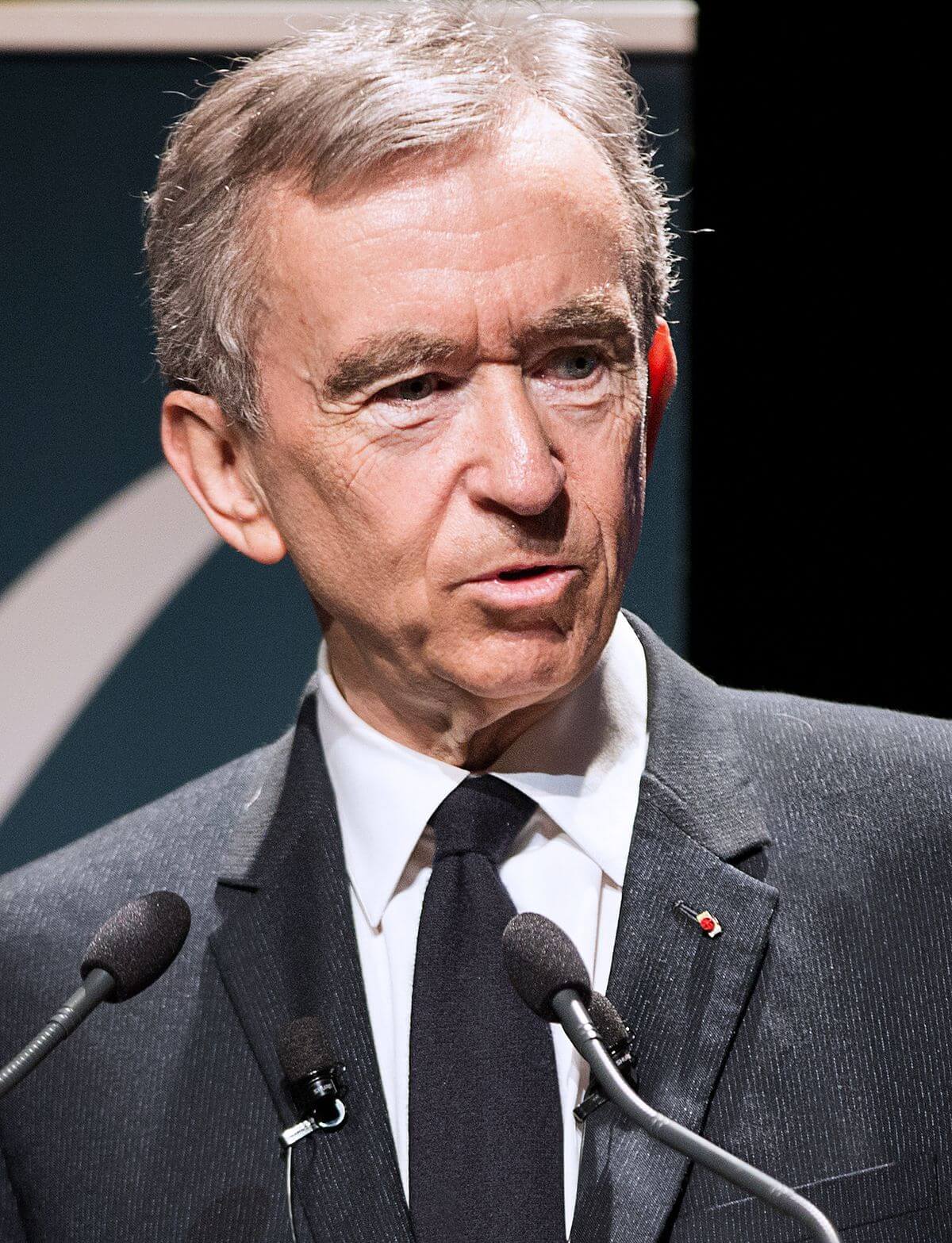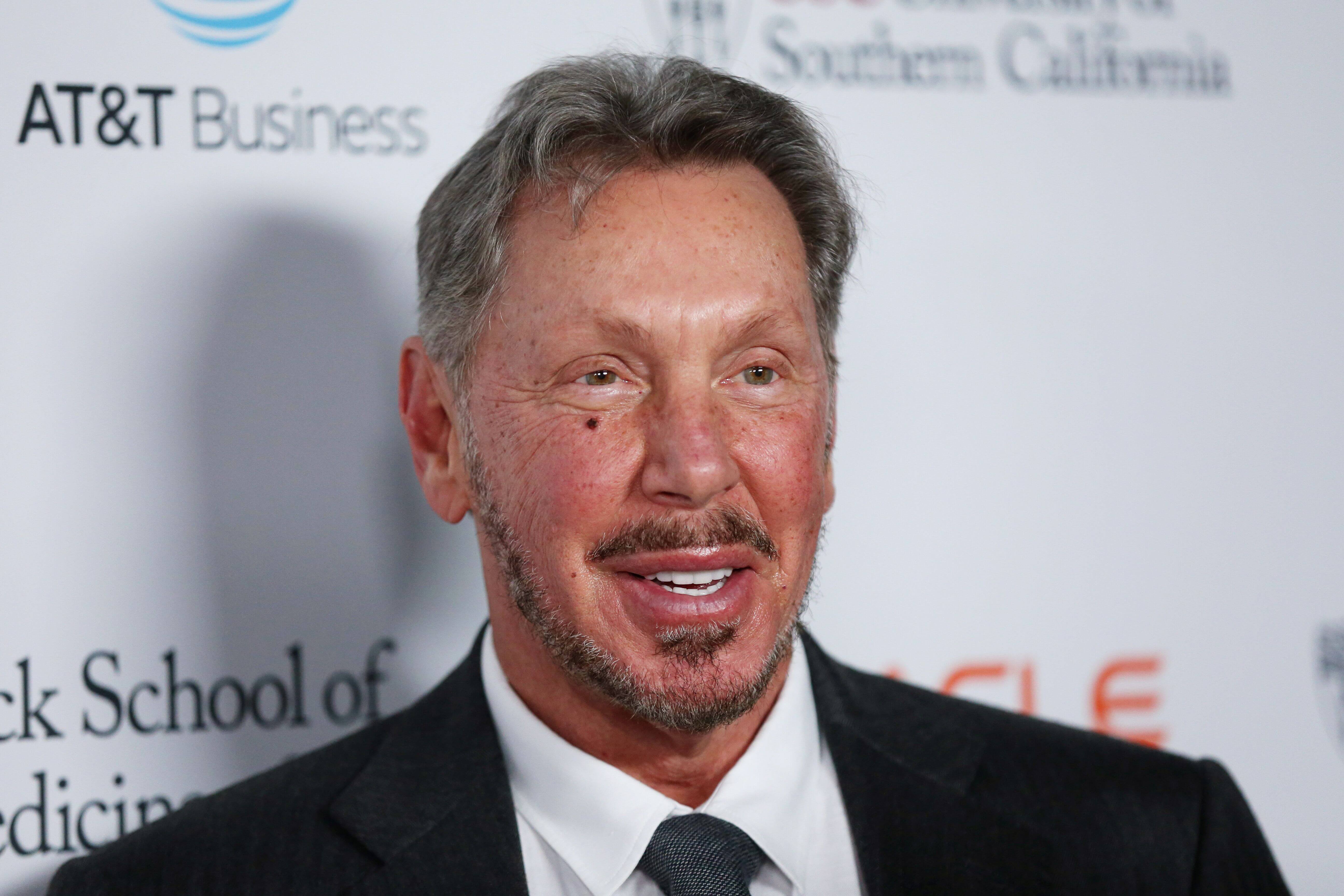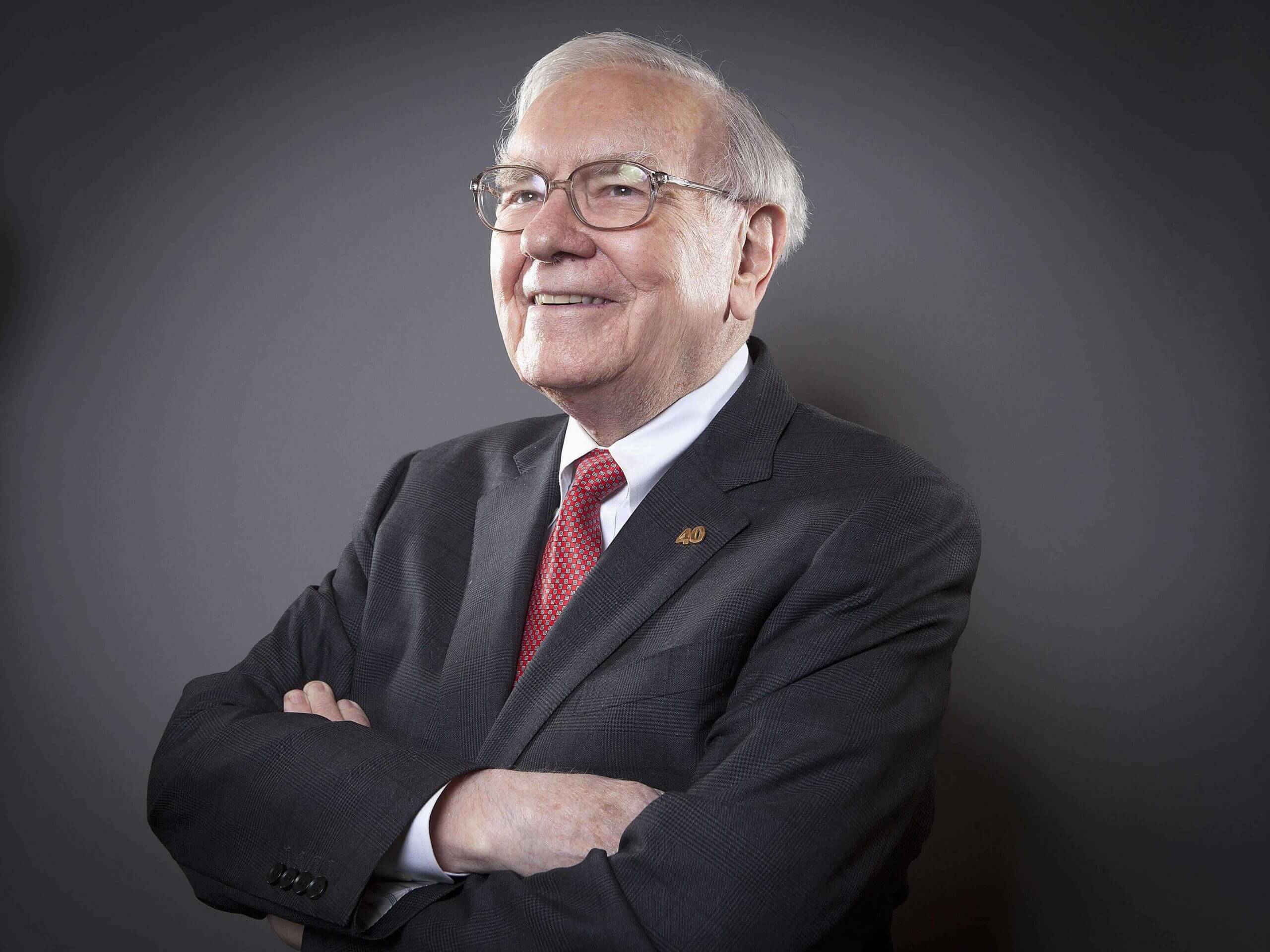Wealth Disparity as Richest Men Double Fortunes Since 2020

Davos
As the world grapples with the aftermath of a global pandemic, economic shocks, and geopolitical tensions, Oxfam’s latest report, “Inequality Inc.,” reveals a staggering reality: the fortunes of the five richest men on the planet have more than doubled since 2020. The charity warns against the unchecked power of corporations, emphasizing the urgency of addressing wealth inequality on a global scale.
The Staggering Numbers
According to Oxfam, the combined wealth of the world’s five wealthiest men – Bernard Arnault, Jeff Bezos, Warren Buffet, Larry Ellison, and Elon Musk – now stands at a jaw-dropping $869 billion. What’s even more alarming is that they managed to grow their fortunes at an astonishing rate of $14 million per hour over the past four years. In stark contrast, Oxfam points out that 5 billion people have experienced a decline in their economic well-being during the same period.

LVMH chief Bernard Arnault
The global billionaire class, as a whole, has seen their wealth increase by a mind-boggling $3.3 trillion since 2020. Oxfam underscores the widening gap between the ultra-rich and the rest of the world, noting that 7 out of 10 of the world’s largest companies are currently led by billionaires. This unprecedented concentration of wealth raises concerns about the societal implications of such economic inequality.
Predictions
Oxfam’s report suggests that, if current trends persist, the world could witness its first trillionaire within a decade. However, rather than heralding an era of prosperity for all, Oxfam predicts that poverty will persist for another 229 years if urgent action is not taken to address the root causes of inequality.

Amitabh Behar, Oxfam International’s interim Executive Director, makes a strong statement against extreme wealth, stating that “nobody should have a billion dollars.” Behar attributes the widening wealth gap to runaway corporate and monopoly power, accusing the billionaire class of prioritizing their wealth over the well-being of the majority.
In response to the stark findings, Oxfam proposes a set of measures aimed at curbing corporate power and addressing wealth inequality. The charity suggests that governments should cap CEO pay, break up private monopolies, and implement a wealth tax that could generate $1.8 trillion annually. Oxfam also highlights the decline in corporate tax payments, urging governments to rein in this trend to fund programs benefiting the poorest in society.

Investor Warren Buffet

